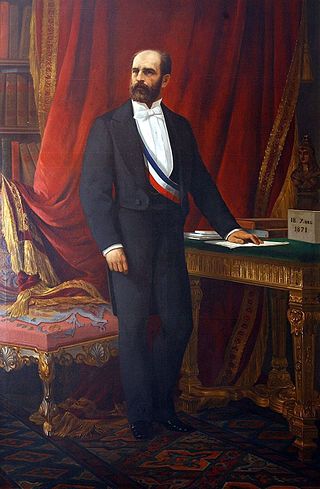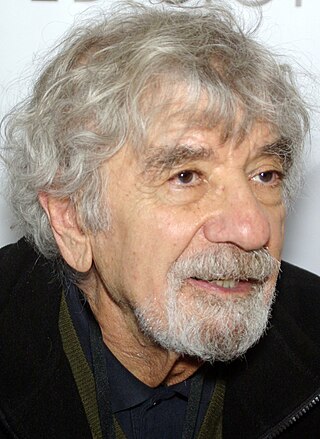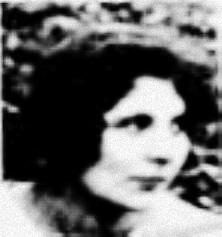This article needs additional citations for verification .(February 2024) |
| |||||
| Decades: | |||||
|---|---|---|---|---|---|
| See also: | |||||
The following lists events that happened during 1871 in Chile .
This article needs additional citations for verification .(February 2024) |
| |||||
| Decades: | |||||
|---|---|---|---|---|---|
| See also: | |||||
The following lists events that happened during 1871 in Chile .

Francisco Javier Varela García was a Chilean biologist, philosopher, cybernetician, and neuroscientist who, together with his mentor Humberto Maturana, is best known for introducing the concept of autopoiesis to biology, and for co-founding the Mind and Life Institute to promote dialog between science and Buddhism.
Maturana is a surname, and may refer to:

Federico Marcos del Rosario Errázuriz Zañartu was a Chilean political figure. He served as the president of Chile between 1871 and 1876.

Humberto Maturana Romesín was a Chilean biologist and philosopher. Many consider him a member of a group of second-order cybernetics theoreticians such as Heinz von Foerster, Gordon Pask, Herbert Brün and Ernst von Glasersfeld, but in fact he was a biologist, scientist.

Marcos Maturana del Campo was a Chilean military and political figure who served in the Chilean War of Independence and the War of the Confederation.

The Chilean National Museum of Fine Arts, located in Santiago, Chile, is one of the major centers for Chilean art and for broader South American art. Established in 1880, the organization is managed by the Artistic Union.

The Mayor of Pichilemu is an elected politician who is the head of the executive branch of government of the commune of Pichilemu, Libertador General Bernardo O'Higgins Region, Chile. The mayor presides over the local city council, composed of six members, and serves as the civic representative of the commune. The mayor is popularly elected in a municipal election, by simple majority. The office is held for a four-year term without term limits.

Felipe Iturriaga Esquivel was a Chilean politician, Mayor of Pichilemu from 1932 to 1935, 1941–1944 and 1956–1960.

Olga Maturana Espinosa was a Chilean politician born in Santiago. Maturana worked as Councillor of Pichilemu in 1950, and became the first female Mayor of Pichilemu in 1951.
Athletic Club Barnechea is a Chilean Football club based in the Lo Barnechea commune of Santiago, Chile. They currently play in the second level of Chilean football, the Primera B.
Nicolás Alexander Maturana Caneo is a Chilean professional footballer who plays as an attacking midfielder for San Antonio Unido in the Segunda División Profesional de Chile.

Pedro Francisco Lira Rencoret was a Chilean painter and art critic, who organized exhibitions that led to the establishment of the Chilean National Museum of Fine Arts. He is best known for his eclectic portraits of women.

Alberto Valenzuela Llanos, was one of Chile's greatest painters and one of the four Great Chilean Masters, along with Pedro Lira, Alfredo Valenzuela Puelma and Juan Francisco González. He was a landscape painter and left an estimated 1,000 paintings. Highlights of his work include paintings of the snow-topped mountains in France and views of Paris.

René Gabriel Maturana Maldonado was a Chilean journalist and the 36th Mayor of Pichilemu, holding the position from his appointment by President Augusto Pinochet Ugarte on 31 August 1984 until his resignation in April 1992.
Fernando Maturana Barahona was the 13th Mayor of the commune of Pichilemu, office which he held between November 1930 and October 1932, under Presidents Carlos Ibáñez del Campo and Juan Esteban Montero Rodríguez.
The following lists events that happened during 1906 in Chile.

Juan Mochi or, in Italian, Giovanni Mochi was an Italian painter who spent sixteen years as a Professor in Chile and influenced the artists who came to be known as the Great Chilean Masters.

Marcos Segundo Maturana Molina was a Chilean military and art collector. Given his service in the War of the Pacific against Peru and Bolivia he is regarded a war hero by the Chilean army. Maturana is known for organising the National Museum of Paintings of Santiago, currently known as the National Museum of Fine Arts of Santiago de Chile.
Events in the year 2021 in Chile.